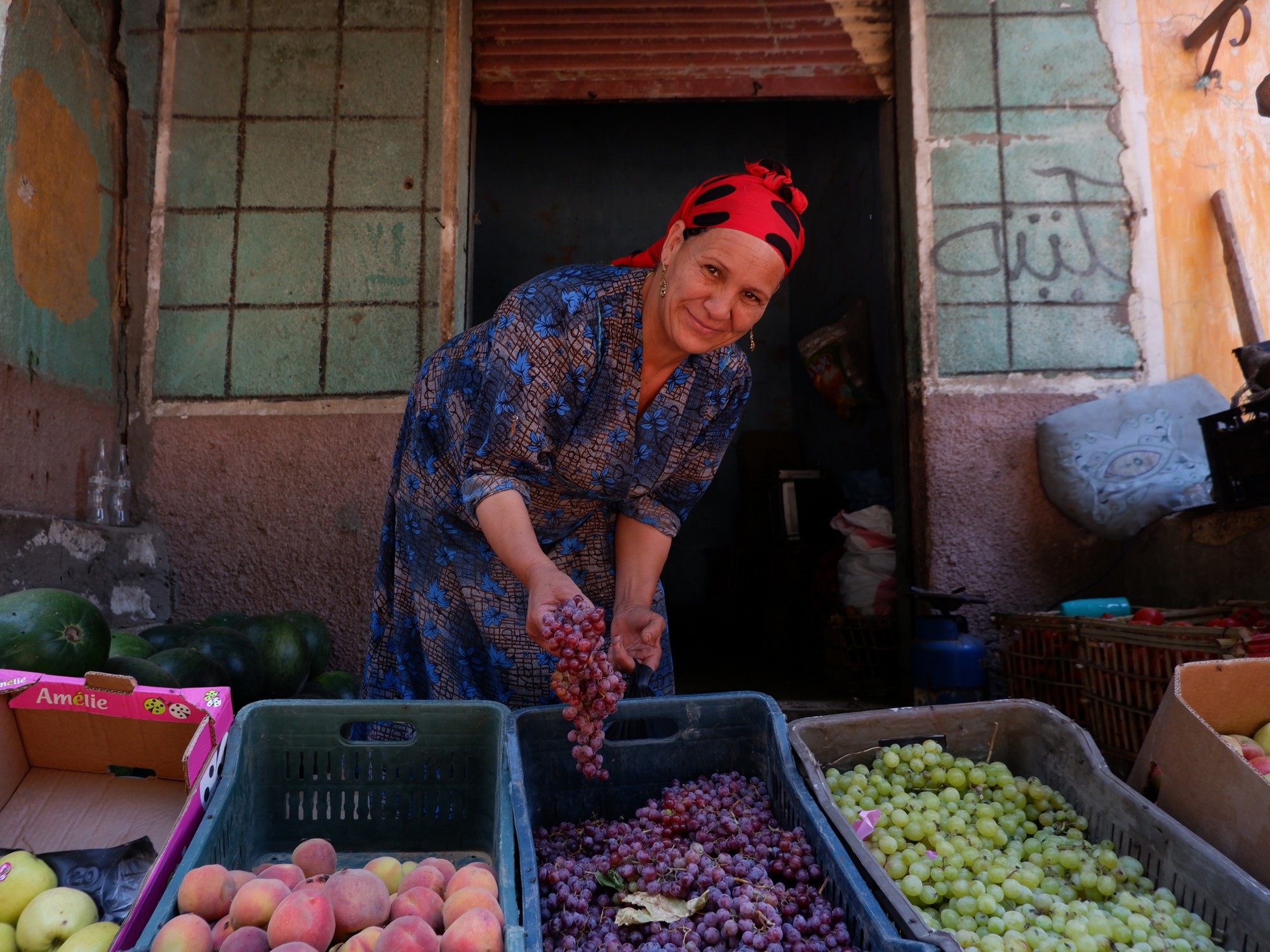The Middle East and North Africa (MENA) region is approaching a rare convergence of factors that make it one of the world’s most strategic opportunities for impact investment.
With over $1trn (€878bn) in reconstruction needs and a $660bn annual SDG financing gap, the region demands urgent solutions, but also offers scalable innovations with global relevance.
While often viewed as a region of complex challenges, MENA is quietly proving itself as a laboratory for resilient, replicable and scalable solutions in climate, education, and inclusive employment.
At the same time, the emergence of new investment tools, increased institutional commitments, and a maturing pipeline of social enterprises signal that the region is not just ready for capital, it is ready to deploy it effectively.
The demographic and environmental imperatives are stark. With more than 60 percent of its population under the age of 30, the region must create 300 million jobs by 2050 to fully capture its demographic potential. It is also one of the world’s most water-stressed regions, and includes countries still recovering from protracted conflict—Syria, Iraq, and Libya alone require over $600bn in funding for reconstruction.
What is often missed in these statistics is the innovation already underway. Take Flowless, a Palestinian company using AI-powered sensors to cut municipal water waste by 40%, or Darsel, an education technology company delivering low-bandwidth mathematics learning to over 200,000 students through WhatsApp. These are beyond proof-of-concept ventures. They are scalable models with applications in Africa, Asia, and beyond.
This transition from isolated innovation to investable pipeline has not been accidental. It reflects over two decades of groundwork by ecosystem builders—local and regional organisations that have worked to identify, fund, and grow early-stage social enterprises, even in the absence of mature capital markets.
Alfanar, the Arab region’s first venture philanthropy organisation, has quietly helped shape this ecosystem. By providing patient capital, embedded technical support, and a discipline of impact measurement, we have helped over 50 social enterprises in Lebanon, Egypt, Jordan, and Palestine move from idea to scale.

Safia Tmiri is the executive director of Alfanar, the Middle East’s first venture philanthropy organisation. With background in strategy consulting and finance, she has worked for McKinsey & Company, Standard Chartered Bank, and the International Finance Corporation, among others. At McKinsey, Safia was an associate partner in the Middle East office, launching the firm’s social impact practice, supporting leading NGOs, foundations and social enterprises to improve educational outcomes and livelihoods for refugees and underserved populations in the region. She holds a Master’s in Public Administration from Harvard Kennedy School of Government and an MSc in Strategy and Finance from ESSEC Business School
